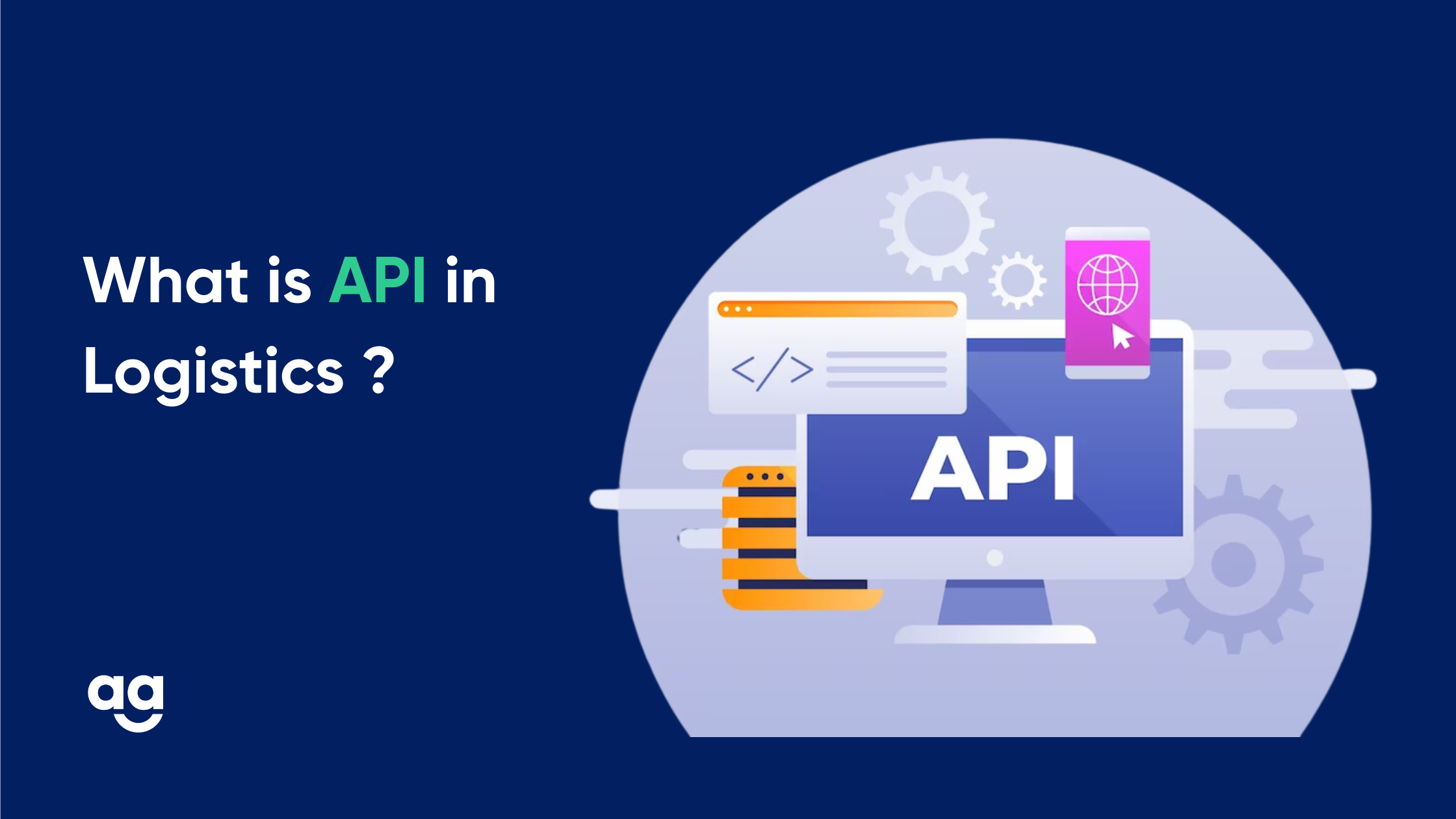10 Benefits of API in Logistics
In today’s digital age, businesses are increasingly relying on automation and digitalization to optimize their operations and enhance customer experiences. The logistics industry is no exception. One of the most important tools used in logistics automation is Application Programming Interface (API). In this blog, we will explore what is API, how it is used in logistics, and its benefits.
What is API in Logistics?
API is a software interface that allows different systems to interact with each other. It enables applications to exchange data and services in a standardized and efficient manner.
In logistics, APIs are used to automate and streamline different aspects of the supply chain, including tracking, inventory management, order processing, and shipping. By integrating different systems through APIs, logistics companies can reduce costs, increase operational efficiency, and improve customer satisfaction overall.
10 Ways API Helps the Logistics Industry
Now that we have a general understanding of what an API is and how it is used in logistics, let’s explore in detail the ten ways in which APIs are revolutionizing the logistics industry.
-
Real-time Tracking and Visibility
APIs can be used to provide real-time tracking and visibility of shipments across the supply chain to customers and stakeholders. By integrating tracking systems with APIs, logistics companies can provide accurate and up-to-date information about the location and status of shipments. This allows customers to track their shipments in real-time, thus, enhancing their overall experience.
-
Optimized Routing and Scheduling
APIs can be used to optimize routing and scheduling of shipments. By integrating with traffic and weather data, logistics companies can identify the most efficient routes and schedules for shipments. This can help reduce transportation costs, improve delivery times, and minimize the risk of delays.
-
Inventory Management
Automation of inventory management is another way by which APIs help the logistics industry. By integrating with warehouse management systems, logistics companies can track inventory levels in real-time and automate reordering processes. This can help reduce stockouts, improve inventory turnover, and enhance overall supply chain efficiency.
-
Order Processing
APIs can also be used to automate order processing. By integrating with e-commerce platforms, logistics companies can automatically process and fulfill orders. This can help reduce order processing time, minimize errors, and improve order accuracy.
-
Faster Shipping and Delivery
APIs can be used to automate shipping and delivery processes. By integrating with shipping carriers, logistics companies can generate shipping labels, track shipments, and automate customs clearance processes. This can help reduce shipping time, minimize errors, and improve overall delivery times.
-
Cost Reduction
APIs can be used to reduce logistics costs. By integrating with different systems, logistics companies can automate processes, reduce manual labor, and eliminate errors. This can help reduce costs associated with transportation, labor, and inventory management.
-
Improved Collaboration and Communication
APIs can be used to improve collaboration and communication between different stakeholders in the logistics industry. By integrating with different systems, logistics companies can share data and information with customers, suppliers, and partners in real-time. This can help improve coordination, enhance decision-making, and reduce errors.
-
Enhanced Security
APIs can be used to enhance security in the logistics industry. By integrating with security systems, logistics companies can monitor shipments, detect potential threats, and respond to security incidents in real-time. This can help minimize the risk of theft, loss, or damage to shipments.
-
Customization and Personalization
APIs can be used to customize and personalize logistics services for customers. By integrating with customer relationship management (CRM) systems, logistics companies can collect data about customer preferences, purchase history, and shipping requirements. This can help personalize shipping options, delivery times, and communication methods to meet the unique needs of each customer.
-
Innovation and Scalability
APIs can help logistics companies to innovate and scale their operations. By providing a standardized interface, APIs enable logistics companies to integrate with new technologies and systems easily. This can help companies to implement new features and services quickly and efficiently, such as ML, AI, and blockchain technology.
Additionally, APIs can also help logistics companies to scale their operations seamlessly by providing a flexible and scalable architecture. This enables logistics companies to handle increased volumes of orders, shipments, and data without compromising on quality or performance.
Wrapping Up
According to a report by Grand View Research, the global logistics market size is expected to reach $15.5 trillion by 2023, driven by the increasing demand for e-commerce, globalization, and supply chain optimization. APIs are set to play a critical role in shaping the future of the logistics industry, by enabling logistics companies to streamline their operations, improve their services, and deliver value to their customers.
In conclusion, the integration of APIs in logistics is a game-changer for the industry. It is essential for logistics companies to adopt API-based solutions to remain competitive in the digital age. By leveraging the power of APIs, logistics companies can optimize their operations, enhance customer satisfaction, and stay ahead of the competition.







 Shipping
Shipping







